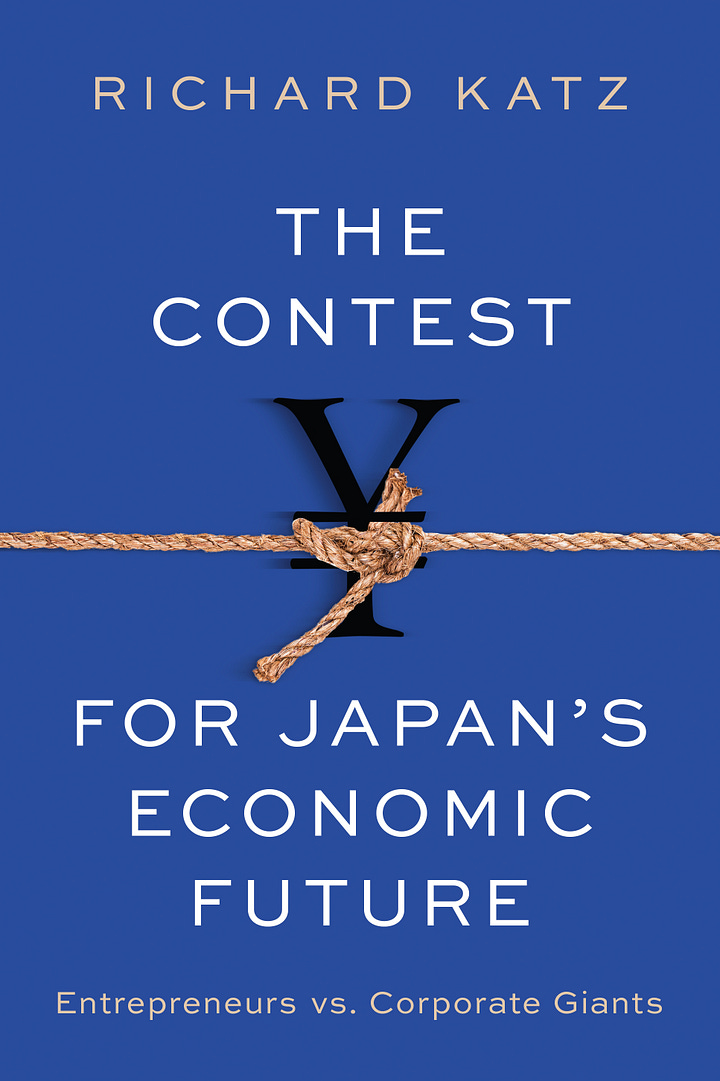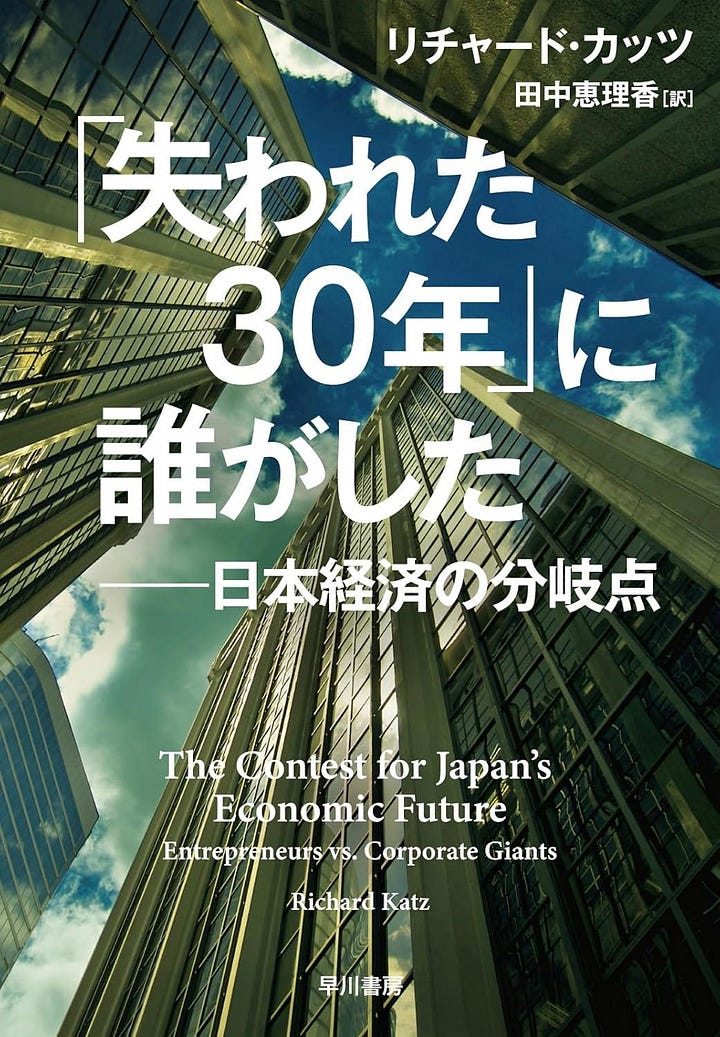Polls Are Volatile in Upper House Race
Japan-US Brinksmanship in Trade Talks; Consumption Tax Debate
In my Monday post, I cited a June 19th Jiji Press poll which showed the Liberal Democratic Party (LDP) rising in support rates for the July 20 Upper House election, while the opposition parties slipped, particularly the Democratic Party for the People (DPP), which had lost almost half its support. There are now some new polls with mixed results.
A June 30 poll by Nikkei shows the LDP gaining support, with 29% intending to vote for the LDP, up 3 points from May. It shows the Constitutional Democratic Party (CDP) and the DPP each holding steady at 12%. On the other hand, the LDP shows some slippage in a Yomiuri poll taken the same day. 24% of the respondents said they would vote for the LDP in the PR segment, down by 2 points from May. This was followed by the Constitutional Democratic Party of Japan at 11%, up from 10% in the last poll. The DPP fell from 14% in May to just 9%.
So, there’s a lot of volatility in polls taken by assorted publications, and lots of variance in results among different publications. This suggests a lot of volatility in the public mood and considerable uncertainty among voters about how they will vote, and that may continue up through the July 20th vote. Results for the DPP are all over the place.
As for what all this means for the election outcome, Tobias wrote in an email reply to me: “The government's negative approval ratings and the LDP's lower-than-normal approval ratings suggest that it could be an ugly election for the LDP, without looking into the specifics of the campaign. But when you look at the individual races, it's still going to be challenging for the opposition to pick up enough seats to break the ruling coalition's majority.”
My concern here is what this means for policy on the trade war with Trump and the consumption tax.
If Tokyo Continues Resistance, Will Trump Pull Tariff Trigger on July 9th
The standoff between Tokyo and Washington continues, with Prime Minister Shigeru Ishiba still refusing any trade deal that does not eliminate the 25% tariff on autos. An increasingly frustrated Trump is now raging, calling Japan “spoiled,” and threatening a tariff rate of “30%, 35% or whatever the number is that we determine.” This is higher than the 24% “reciprocal” tariffs Trump announced on April 2nd, which was followed by a postponement until July 9th of all such tariffs on all countries. Trump told reporters that “I’m not sure we’re going to make a deal. I doubt it with Japan. They’re very tough....They and others are so spoiled from having ripped us off for 30, 40 years that it’s really hard for them to make a deal.”
It remains to be seen whether Trump will pull the trigger on July 9th, whether Tokyo will crumble, or if there will be yet another postponement.
The reason Trump is so frustrated is that, back in April, he chose Japan as the first country to negotiate with on tariffs, because he and his colleagues believed Japan would quickly cave. That would set the pattern for others to follow. But, as I wrote in May, Japan was determined not to surrender to any deal that maintained the auto tariffs. Business leaders in the Keidanren federation and the auto sector were adamantly opposed to any surrender.
The latest polling underscores that voters are also opposed to any cave-in, making it harder for Ishiba to concede ahead of the July 20 Upper House election, even if he wanted to. A poll by the Mainichi daily cited by Tobias Harris found that 57% of respondents said Japan should not make a bad deal even if it means the bilateral relationship worsens. Only 15% wanted Ishiba to make concessions to avoid the July 9th scheduled imposition of Trump’s tariffs.
Tobias took note of a Yomiuri poll, which showed the cratering of trust in the US by the Japanese public. Only 22% either greatly (3%) or somewhat (19%) trust the United States, while 68% somewhat (46%) or entirely (22%) distrust it. This underscores what I found among Japanese elites during my recent trip to Tokyo. There is a great sense of betrayal by the US, which the Japanese had looked upon—despite all of America’s flaws—as fundamentally a pillar for protecting democracy, international rule of law, military security, and financial/economic stability. The US is no longer seen as a reliable partner. And the problem is not just Trump but the fact that voters chose him. However, a lack of trust makes deal-making more challenging. Why make a deal with someone who can rip up the terms a few years down the road, as Trump has done vis-à-vis a deal with Shinzo Abe in 2019.
The Consumption Tax Debate
In my Monday post, I argued that the opposition parties are getting less benefit than they could from their popular proposals for a consumption tax cut, partly because they are refusing to say how to pay for it. Of course, there is no direct evidence to say what the poll results would be if the opposition did call for a rollback of corporate taxes, for example. However, bear this in mind: according to Nikkei, 48% of the public says combating inflation is the top issue, followed by social security at 33% and economic growth at 30% (multiple responses allowed). In a Kyodo poll, 32% of respondents cited measures against rising prices while 17% percent chose pension and other social welfare measures. That’s why polls show the majority of respondents favor tax cuts, while simultaneously worrying about the impact on social welfare benefits.
Ishiba is attempting to capitalize on this ambivalence. He keeps warning (threatening?) that social welfare benefits could be hurt if taxes are cut with no replacement. In a recent Nippon TV debate, Ishiba said, “Social welfare costs will continue to rise from now on. We must ensure those financial resources are protected.” At a press conference, Ishiba argued, “We cannot reduce the consumption tax without a stable source of revenue.” In principle, the consumption tax is devoted to financing social security and other benefits, but those could just as easily be financed out of general revenue. Tobias reports: “Nikkei, in a question that spelled out the fiscal implications, found that 55% favored keeping the consumption tax rate unchanged to secure funding for social security, while 36% favored lowering it even if it meant issuing more debt.”
The Nikkei result is hardly definitive. Results swing about depending on how one asks the question. When people are asked whether they support tax cuts, majorities do in almost every poll. However, when the potential consequences are spelled out, the results vary. What seems clear is that a substantial portion of the electorate is concerned about the impact of a tax cut on the social safety net if there is no substitute form of revenue.
Voters Are Not Sure What They Want
In the upcoming election, half of the Upper House seats (plus one vacant seat), i.e., 125 out of 248 seats, are in play. Of these, 75 seats are in prefectural constituencies, where voters choose individuals, and 50 are in a proportional representation segment, where voters choose a party rather than an individual. Since the LDP-Komeito coalition holds 75 seats that are not being contested this year, they have to win 50 of the 125 seats being contested this time to keep their majority.
In a June 29 Kyodo poll, 50% of respondents said they wanted the LDP and Komeito to lose their majority in the Upper House, while 38% said they wanted them to keep their majority. But other polls differ widely. According to the polls cited by Tobias, 43% in a Nikkei poll stated that they preferred the ruling and opposition parties to have roughly equal strength in the upper house. However, 41% in an NHK poll and 36% in a Mainichi poll said they are not sure whether they want the LDP-Komeito coalition to maintain its majority. Meanwhile, Kyodo found that 46% said they have not decided how they will vote in their local constituency, and 40% have not decided which party they will support in the PR voting. And finally, you can’t beat someone with no one. While voters may not like the LDP, many may dislike the available alternatives even more. When it comes to the consumption tax, many voters may like part of the opposition’s message but not trust the messenger.


To receive new posts and support my work, consider becoming a free or paid subscriber.
